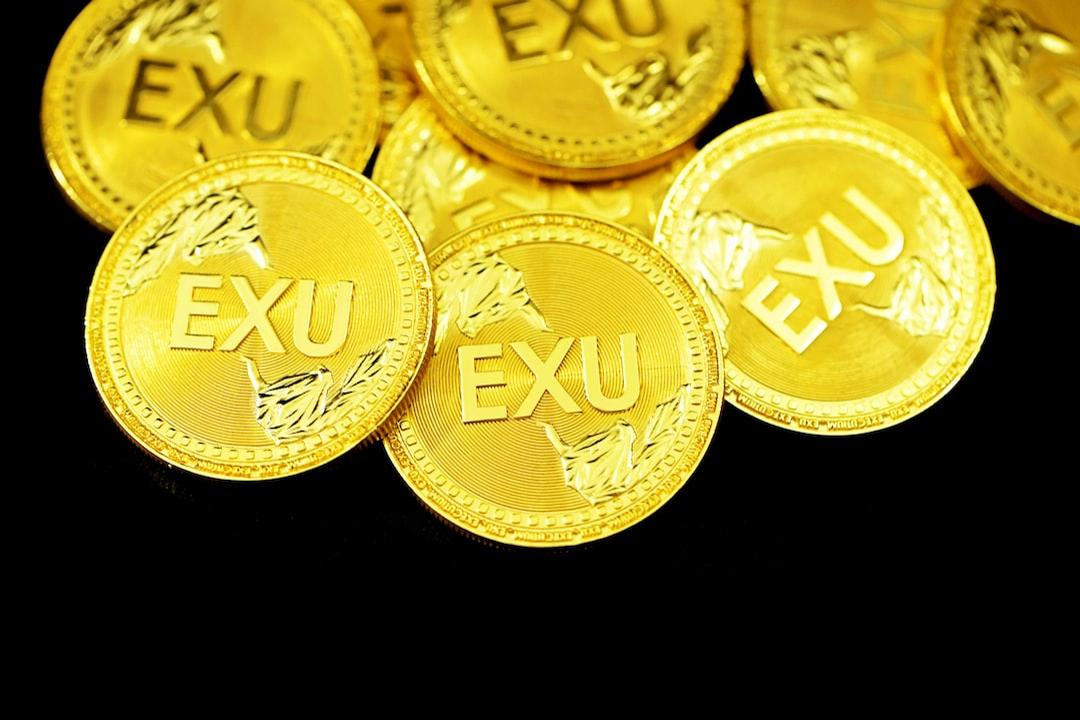Traditional Financial Giant BlackRock Prepares to Transition $150 Billion Money Market Fund to Blockchain
Traditional financial giant BlackRock is preparing to move its $150 billion money market fund onto the blockchain, further implementing the application of tokenized assets. According to the latest documents submitted to the U.S. Securities and Exchange Commission (SEC), the company plans to issue distributed ledger technology (DLT) shares through BNY Mellon, marking a significant step for traditional asset management towards Web3.
BlackRock to Issue DLT Shares Exclusively Through BNY Mellon
In a Form N-1A document submitted to the SEC on Monday, April 29, BlackRock indicated plans to launch digital “DLT shares” for its BlackRock Liquidity Funds Treasury Trust Fund. DLT (Distributed Ledger Technology) shares refer to digital shares that use blockchain or other distributed ledger technologies to track ownership.
These DLT shares can only be purchased through BNY Mellon and are exclusively open to institutional investors, with an initial investment threshold of $3 million, although there is no minimum for subsequent investments.
Although the fund itself does not directly invest in crypto assets or use blockchain for transaction processing, the document states that BNY Mellon will use blockchain to create a “mirror ledger” synchronized with existing systems, serving as a digital backup for shareholdings.
$150 Billion Money Market Fund to Serve as a Testbed for Tokenization
According to information on BlackRock’s official website, as of April 29, 2025, the assets of the BlackRock Liquidity Funds Treasury Trust Fund have reached $150.1 billion, making it one of the largest money market funds globally. Such funds are typically used by institutions to park funds temporarily, making liquidity and safety crucial.
This application is still under review, and the final terms of the DLT shares may be subject to change based on the SEC’s review.
CEO Larry Fink: Tokenization Will Transform Investment Approaches
BlackRock’s move aligns with previous public statements by its CEO, Larry Fink. In his annual letter to shareholders in March 2025, Fink emphasized, “Tokenization will fundamentally change the investment world. In the future, markets will not need to close, transactions can settle in seconds, and billions of dollars that were previously idle due to settlement delays will be reinvested back into the economy immediately, creating more growth.”
He further pointed out that tokenization can drive “investment democratization,” such as achieving “fractional ownership” of shares, digitizing shareholder voting rights, and allowing more people to participate in financial products that were previously harder to access.
Regulations and Identity Verification Remain Major Challenges for Tokenization
Despite Fink’s optimism about the potential of tokenization, he also acknowledged that challenges remain in the areas of identity verification and compliance. He believes that only when these issues are overcome will tokenized funds become mainstream in the market, akin to ETFs (exchange-traded funds).
Traditional Finance Embraces Blockchain: BlackRock is Not Alone
BlackRock is not the only traditional asset management giant embracing blockchain. Institutions such as JPMorgan, State Street, and Franklin Templeton have also launched tokenized assets based on blockchain technology or similar experimental products.
UK asset management technology company Calastone recently announced a partnership with Fireblocks to implement its blockchain infrastructure, aiding asset managers in tokenizing any fund, signaling that this “asset digitization revolution” is rapidly underway.
Risk Warning
Investing in cryptocurrencies carries a high level of risk, and their prices can be highly volatile; you may lose all of your principal. Please assess the risks carefully.

